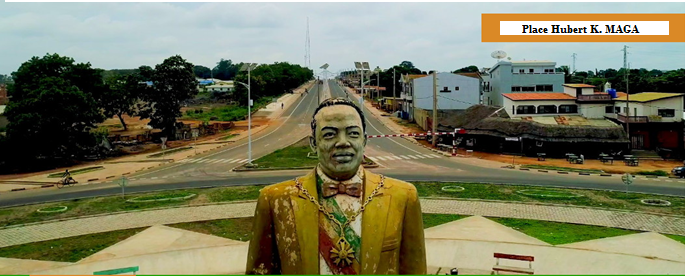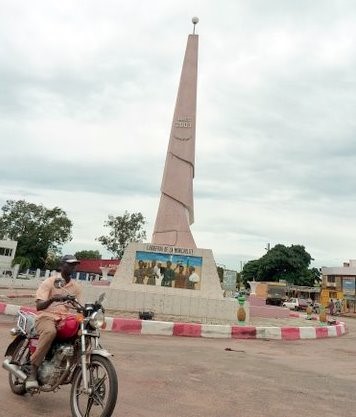Parakou is the second important town and also the north regional capital of Benin. The city of Parakou is located in the center of the Republic of Benin at about 407 km north from Cotonou, the largest town of the Republic of Benin. Because of its geographical location, Parakou is playing a transitional role from the port city Cotonou to the northern landlocked countries such as Burkina Faso and Niger. Parakou is located at Latitude: 9 ° 20 ‘59.99 “N and Longitude: 2 ° 36 ‘59.99 “E

With an area of 441Km², the population of Parakou city is globally estimated at about half a million ,with an average annual growth rate of 4, 90%. This population is unequally distributed in three different districts. The female (50.16 %) and male (49.84%) populations are approximately equal.

Parakou is a religiously speaking a democratic city. The city is a center of various beliefs and religions with several cults and cultural celebrations. Customs act as a way to preserve the relationship with the divinities and the ancestors. The common religion in this city is Islam (58.6%) followed by Christianity (25.2%). In Christian religions, Catholicism is the most common followed by Protestant, evangelical, celestial. Except for Islam and Christianity, Parakou city is also a house of traditional religions and atheists or non-religious. It is common to meet a mosque located at about 10 m from a catholic church. It is also common that the members of the same family have quite different religions without even creating problems. This cultural pluralism is an essential factor on which ethical values are built up.
Parakou shelters a variety of sociolinguistic groups from Benin and abroad; which is the setting it as a cosmopolitanism and hospitality township. The dominant ethnicities are: Bariba and related (35.0%), Fon and related (16.2%), Yoruba and Nagot (15.5%), Dendi (9.3%). The Otamari, Yoa, Lokpa, Peulh, Adja and their related groups constitute with the foreign ethnic groups the minority groups of the commune.
